My thirtieth on this stretch of river.
A curate’s egg of a season with a superb start and fantastic mayfly, but a mid to late summer when most fish refused to rise despite a trickle of olives and sedge and the river holding a reasonable condition.
But hey ho, that’s fishing.
We continue to bumble about at the weekends in our quest to extend life via the execution of the required number of steps. Upper Itchen looked good and seems to be benefiting from a reduction in the number of swans. The upper Test had a particular late season sparkle about it too, but the clearest water we came across was in the Basingstoke canal at Greywell.
As clear as a chalk stream spring hole, which is what it is.
Goodness knows how the parish got its name cos grey it ain't.
The Greywell tunnel, one of the longest in the land, collapsed in the 1950s and remains blocked. Water emerges naturally from the chalk through which the tunnel was bored, and tops the canal up at a steady rate throughout the year. Having lost its navigable status the tunnel now plays host to large colonies of bats various.
Back home, we await peak fall although most trees are on the turn. The Lime tree at the end of the lane that briefly assumes the hues of Coleman’s mustard carries a jaundiced air and the liquid amber has half a mind to don its deep burgundy autumnal smoking jacket.
The aspen continue to rustle in the merest zephyr and last week the king of all conker trees shed a limb that took down our power lines.
They were back up in a jiffy and goodness the chaps and chapesses from Southern and Scottish Electric were good to come out in the middle of the night to deal with their errant amps and ohms.
It’s happened before and will no doubt happen again as the spur that leaves the electrical main line to feed this house and the mill house over the road was routed through some trees that were probably in situ just before electricity was invented.
Which is a different story to twenty years ago when cocks would now be undertaking the opening skirmishes in their battle to secure the best spots on the spawning gravels. We’ve a river full of lumpen triploids who roam in gangs, have no horse in the spawning race and will feed hard throughout the winter much to the chagrin of those targeting grayling.
Your natural diploid trout will go off the feed going into and coming out of spawning, and are less likely to displace the lady of the stream from feeding lies during the winter.
At which point we could chuck up a few words on how that Trout & Grayling strategy implemented in 2015 is going, but despite it being a principle reason for me first chucking up this guff, I shall refrain other than to say we continue to be increasingly led by loons.
We do have a few grayling, and they did spawn reasonably successfully in early spring which is a tremendous thing as they remain very much the junior partner in the afore mentioned Trout & Grayling Strategy. A few grayling anglers who have fished here for many years will arrive in the coming months and it will be interesting to hear their take on the grayling population which I have as
“slightly improved” on the past few winters.
Last week we ran out of oil.
It was our own fault, we filled the tank up when the oil price hit rock bottom sometime around the start of the pando and then forgot all about it. We use around a thousand litres a year and having filled the tank with half as much again it completely slipped our mind as at the time we clearly considered fifteen hundred litres an endless supply. Oil’s on order but it will take three weeks to arrive as apparently there is a shortage of drivers (who knew).
We'll get by, we had eleven days over Christmas last year with the boiler down. The mother of all wood burners has now been fired up a little earlier than usual and we are off into our substantial stash of logs.
Ash mostly with occasional beech and thorn all of which has been seasoning for two years. The majority of it comes in with a moisture content of ten to twelve percent giving a very clean burn. Wind the other week blew over a substantial willow in the wood. It’ll be burned in the wood as there is so much ash to be cut and stacked up there is no need to store inferior logs that are the stuff of Salix.
In harvest news it’s been a bumper blackberry season.
We have far too many in the freezer, unfortunately we have a dearth of apples so must rely on others for the other major component of a our Sunday dessert. It was a little poignant this year stripping the brambles of their trove. Otis loved blackberries and he would delicately pluck the lower fruit with his front teeth and wolf them down in numbers. He didn’t care for peas and would eat around any that appeared in his bowl at tea time.
He was quite a deft eater was Otis,
unlike Moss who can catch a crispy yorkshire pudding tossed in the the air and smash it to a million pieces with one chomp.
We’re also coming to the end of a super crop of late raspberries and have tried our first leek. The new potatoes that I planted for consumption during the festive season are in flower and may have to be consumed on bonfire night instead. The wind that did for the willow also did for my sunflowers and runner beans. We’d had enough of runner beans and have twelve months supply in the freezer but the sunflowers were much admired and in their prime. I kept most for the birds but a large bunch did end up in the font in church during the harvest service.
Last week "our great leader " sloped up at conference with a sombrero on his head and a stuffed donkey under his arm and lauded the fact that wages were on the rise (inflation was also on the up but he offered assurances that its control was in hand) and welcome one and all to the sunlit uplands, it’s all gonna be great.
I had mowing to complete which I find a very soothing task. I drifted slowly off into a reverie as the grass was topped.
Wages for the public sector have been frozen.
Madam, a Higher Level Teaching Assistant of over twenty years standing has had her pay frozen for five of the last six years.
There was an austerity on, remember?
Inflation is on the rise so in effect public sector workers on frozen pay are worse off with each year without a defrost of annual salary increases.
If wages rise to a level in some sectors such as retail, delivery, hospitality where the hourly pay rate is higher than some of the lower pay scale public sector workers (dustmen, teaching assistants, carers etc) who have had their pay frozen could thsi lead to the departure of people who were only recently termed “key workers” from the public sector to higher paid jobs in retail, hospitality delivery or other sectors who are trying to attract workers with the promise of higher wages.


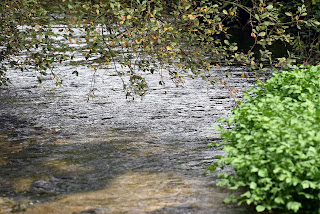

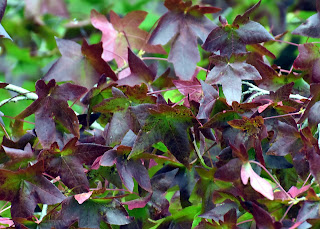
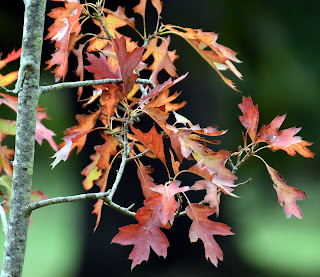

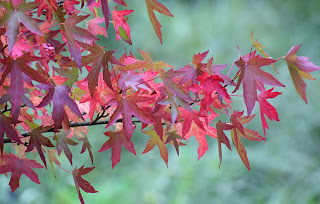


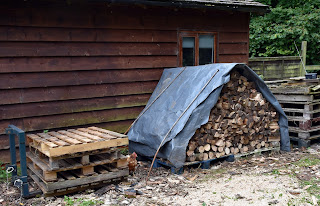


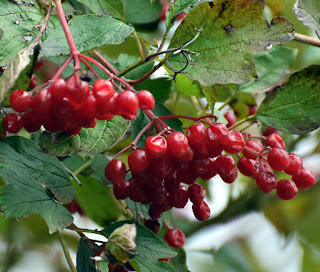
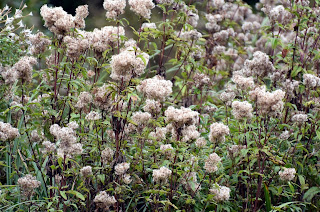

No comments:
Post a Comment